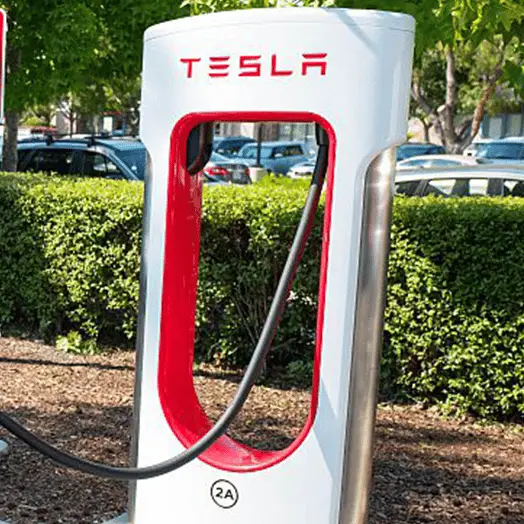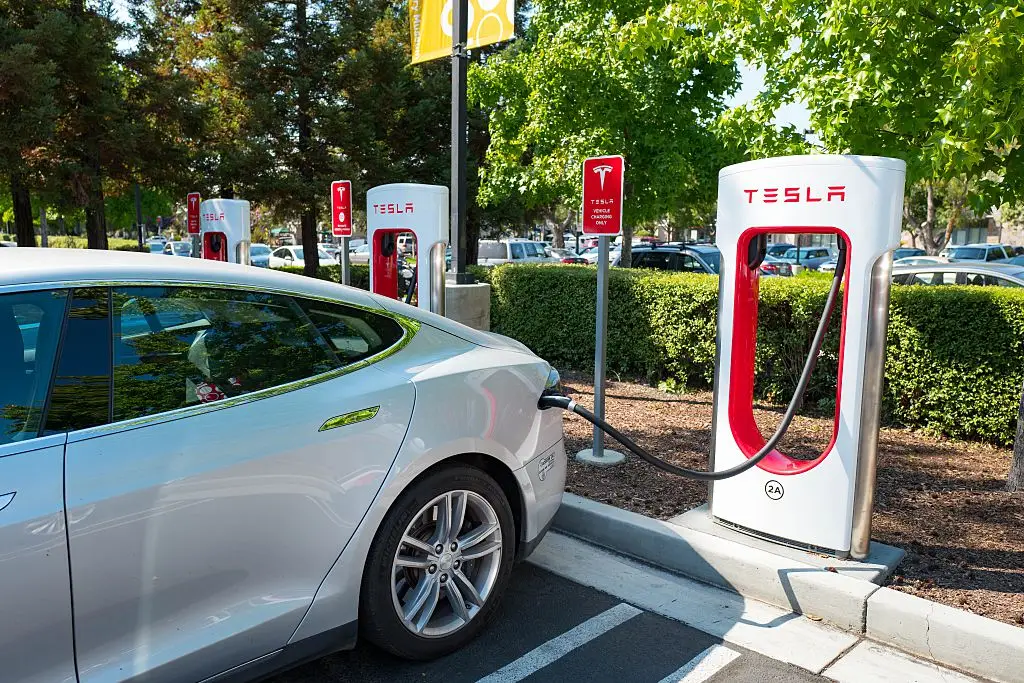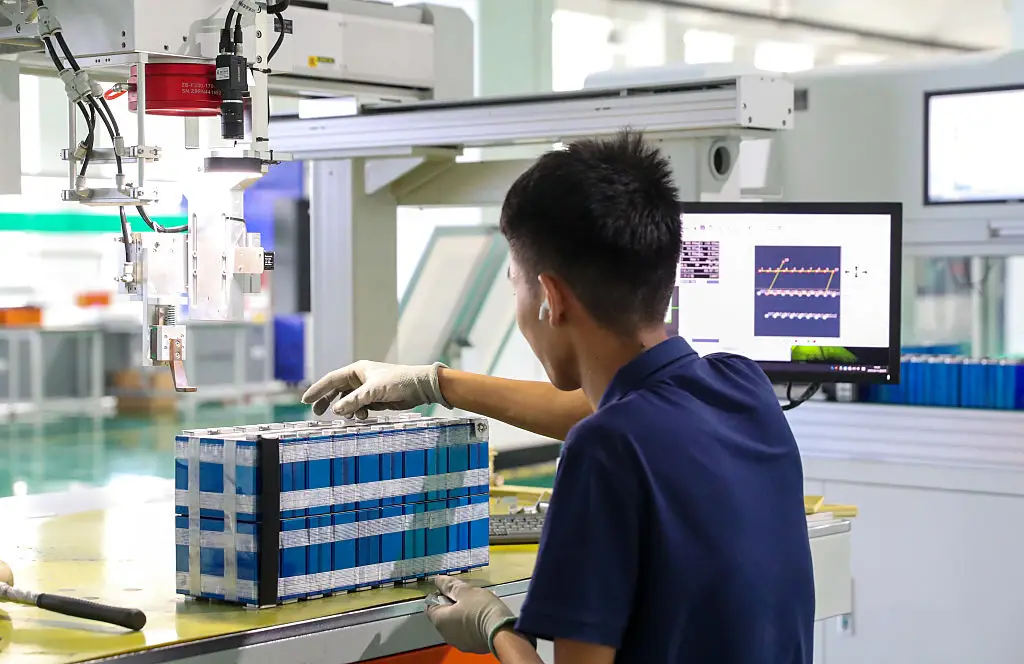
Chinese scientists have just made a major breakthrough when it comes to battery power, as they have developed futuristic technology that is around twice as powerful as Tesla's most powerful cell.
You can add as many fancy features into electric cars as you want from large screen displays to companion apps, but the single most important thing for almost every driver is going to be the battery life, as that not only reduces costs but also allows you to extend your journeys.
Electric vehicles are notoriously cheaper to drive than their gas-powered counterparts once you get parts the heft price of entry, yet having to stop off more frequently for charging while on the road can prove to be a hassle.
That's why the reveal of an ultra-powerful battery developed by Chinese scientists could emerge as a revelation for the electric vehicle industry, as it's already twice as effective as Elon Musk's most powerful offering.
How much more powerful is the new Chinese battery?
As reported by the Independent, researchers at Tianjin University have managed to develop a battery with an energy density of over 600 watt-hours per kilogram.
Advert
This measurement doesn't necessarily relate to a single capacity, but instead the amount of energy stored within a battery per the unit's mass, indicating it's ability to scale both way's depending on the device it's used within.

Higher energy density means that you can make the battery far smaller and lighter while holding the same amount of power, which could work for smaller devices like drones which can't house the same size.
It fares incredibly well when compared to existing batteries on the market, as it's around double that of Tesla's most powerful 300 watt-hours per kg battery, and over four times more than BYD Blade's 150 watt-hours per kg offering.
How does the battery work?
The battery's dramatic increase in efficiency all comes from it's use of lithium metal technology, as opposed to the traditional lithium ion batteries that almost all of the market currently uses.
Currently lithium ion technology is effective, but the solvation structures that it relies on – which amount to orderly arragements of solvent molecules around the lithium ions – can impede the longevity, safety, and density of the battery.

For this new battery, however, this process has been reimagined in what's called a 'delocalised electrolyte', reducing the barriers for ion transport and enhancing the stability of the process.
This far exceeds the goals laid out by the Made in China 2025 plan, which aimed for an efficiency of 400 watt-hours per kg, so it's a major breakthrough that could transform the power usage of electric cars and other lithium battery-powered devices.
